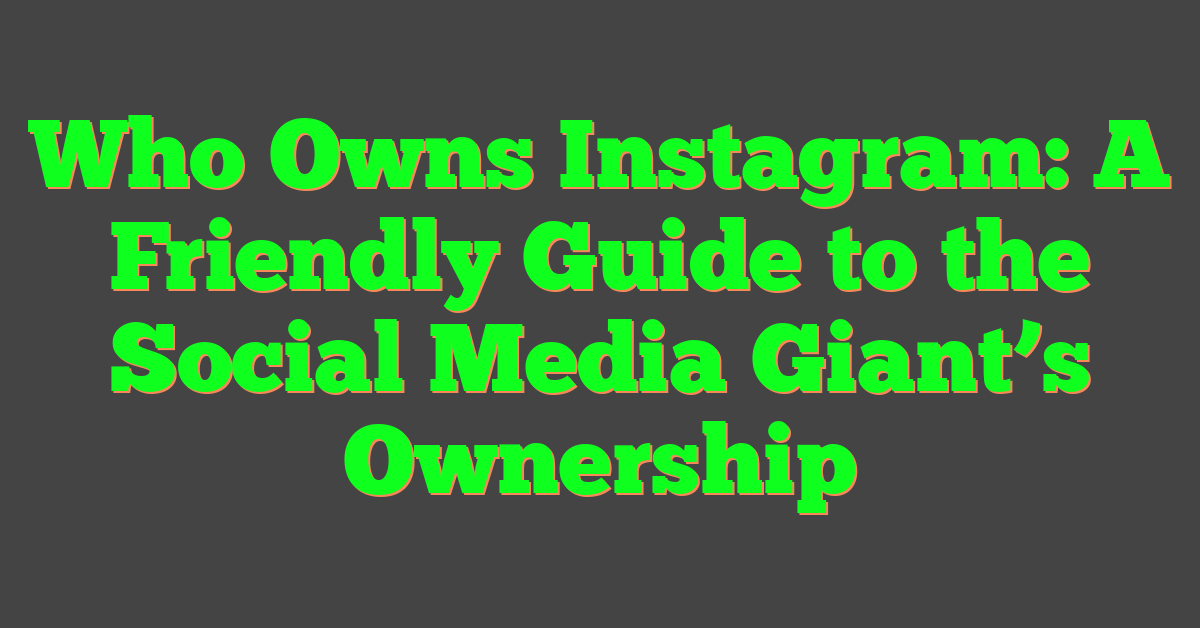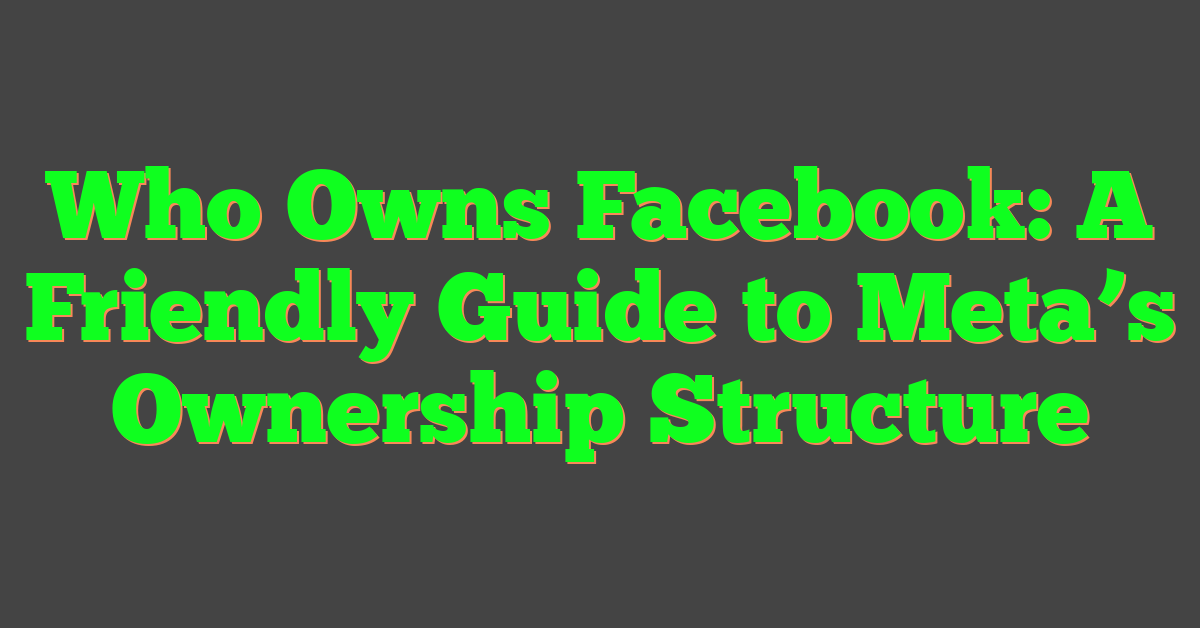Key Takeaways
- Grab Attention Instantly: Catchy slogans make your book stand out in crowded markets, quickly attracting potential readers.
- Convey Essence Clearly: Effective taglines succinctly capture the book’s core themes and storyline, providing a clear understanding at a glance.
- Enhance Memorability: Using rhetorical devices like alliteration and metaphors ensures your tagline is easy to remember and leaves a lasting impression.
- Align with Audience: Crafting taglines that resonate with your target audience’s interests and preferences increases engagement and appeal.
- Boost Discoverability: Incorporating relevant keywords in your slogans improves online visibility and search engine rankings, making your book easier to find.
- Avoid Common Pitfalls: Steer clear of vague language, clichés, and overly complex messages to maintain clarity and uniqueness in your taglines.
When you browse books on a shelf or scroll through an online store, it’s often the catchy slogans and creative taglines that catch your eye. These short, memorable phrases can make a book stand out and spark your interest instantly.
I’ve always been intrigued by how the right words can convey a book’s essence in just a few syllables. Crafting a great slogan or tagline isn’t just about being clever—it’s about capturing the heart of the story and enticing readers to dive in. In this article, I’ll explore some of the best catchy book slogans and creative taglines that have made a lasting impression, providing inspiration for your own literary endeavors.
Importance Of Catchy Book Slogans
Catchy book slogans grab attention quickly, making your title stand out in crowded markets. They convey your book’s essence in a few words, helping potential readers understand what to expect. For example, a slogan like “Love Knows No Bounds” immediately suggests a romance with depth and breadth.
Effective slogans enhance memorability, ensuring your book stays top-of-mind. When readers recall a compelling tagline, they’re more likely to recommend your book to others. Additionally, strong slogans improve discoverability online by incorporating keywords that boost search engine results.
Moreover, creative taglines establish an emotional connection, enticing readers to dive deeper. By reflecting the book’s themes and tone, slogans set the right expectations and attract the ideal audience. This alignment increases reader satisfaction and fosters positive reviews, contributing to your book’s overall success.
Key Elements Of Creative Taglines
Creating an effective tagline involves focusing on several key elements. Below, I delve into two essential aspects:
Memorability
A memorable tagline is concise, easy to recall, and delivers a clear message. For example, “Winter is coming” from the A Song of Ice and Fire series stands out due to its simplicity and ominous tone. Using rhetorical devices like alliteration, parallel structure, or metaphors enhances memorability. “Her beauty is a weapon – and Fire is going to use it” from Fire employs a metaphor to create a lasting impression.
Relevance
A relevant tagline aligns with the book’s content and genre. “35 Girls. 1 Crown. The competition of a lifetime” for The Selection effectively conveys the main plot and stakes. Taglines should reflect the tone and themes of the book, ensuring they attract the right audience and set appropriate expectations.
Top Catchy Book Slogans Examples
From Specific Books
- “35 Girls. 1 Crown. The competition of a lifetime.” – The Selection by Kiera Cass. This tagline clearly outlines the premise and stakes of the book.
- “Laia is a slave. Elias is a soldier. Neither is free.” – An Ember in the Ashes by Sabaa Tahir. This tagline highlights the main characters and their conflicts.
- “Even in the future, the story begins with Once Upon a Time…” – Cinder by Marissa Meyer. This tagline blends the futuristic setting with a familiar fairy-tale element.
- “How do you kill a god?” – Warrior of the Wild by Tricia Levenseller. This tagline creates curiosity and tension.
- “Power is a dangerous game.” – Red Queen by Victoria Aveyard. This tagline conveys the central theme of power and its risks.
- “Books: Your Passport to Infinite Worlds.”
How To Create Effective Taglines
Creating effective taglines starts with understanding your audience and crafting a unique message. These steps ensure your tagline resonates and stands out.
Understanding Your Audience
I begin by identifying my target readers’ demographics and preferences. I research their interests, age groups, and reading habits. I tailor the tagline to address their desires and expectations. For example, a young adult fantasy novel might feature vibrant, adventurous language to attract its audience.
Crafting A Unique Message
I focus on developing a message that sets the book apart from others. I highlight the unique aspects of the story, characters, or setting. I use distinctive language that reflects the book’s tone and themes. For instance, “35 Girls. 1 Crown. The competition of a lifetime.” immediately conveys the book’s unique premise and high stakes.
Common Mistakes To Avoid
- Being Too Vague
I find vague slogans, like “Great Reads Await,” fail to capture reader interest, limiting their effectiveness.
- Overcomplicating the Message
I avoid complex taglines, as they confuse potential readers and obscure the book’s essence.
- Ignoring the Target Audience
I ensure slogans resonate with the intended audience, preventing mismatched expectations.
- Using Clichés
I steer clear of clichéd phrases, such as “A Journey of a Thousand Miles,” as they reduce the uniqueness of the book’s appeal.
- Lacking Uniqueness
I strive for distinctive taglines, avoiding generic statements like “Best Seller” that blend into the market.
- Lengthy Phrases
I prefer concise slogans, as lengthy taglines lose impact and memorability.
- Misaligning with Book Content
I align slogans with the book’s themes, avoiding misleading representations that disappoint readers.
- Neglecting Emotional Connection
I focus on creating an emotional bond, steering clear of purely descriptive slogans that fail to engage emotions.
- Overusing Jargon
I avoid technical language, ensuring slogans remain accessible and appealing to a broad audience.
- Forgetting Keyword Optimization
I incorporate relevant keywords, preventing slogans from being overlooked in online searches.
Conclusion
Crafting the perfect tagline really brings a book to life. I love seeing how just a few words can spark curiosity and connect with readers on a deeper level. Whether you’re writing your own slogan or appreciating the clever ones out there, it’s amazing how much impact the right phrase can have. Here’s to finding those memorable taglines that make stories stand out and resonate with everyone who picks them up.




